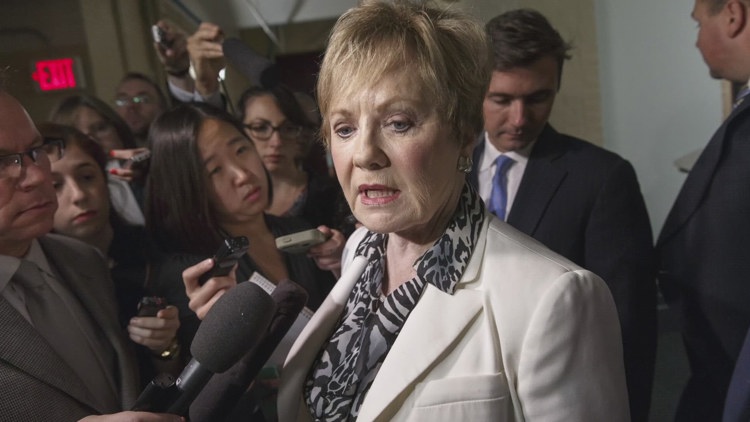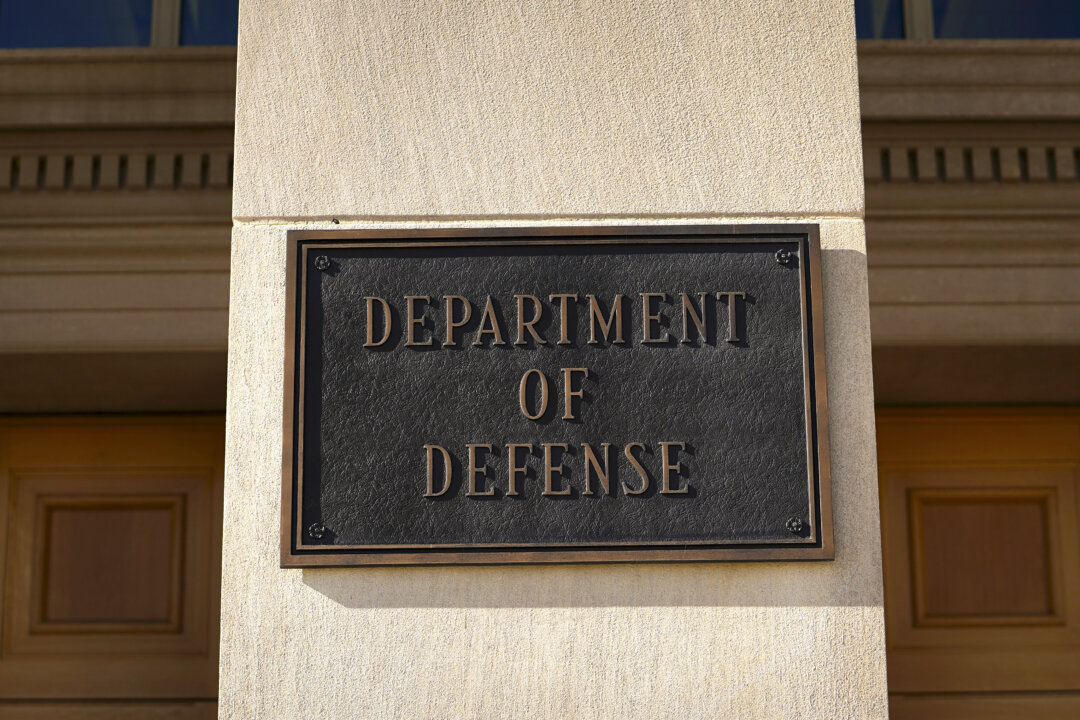
THE BLOW SUFFERED by the Green Party in this election is not as damaging as the major setback it endured in 2011, former leader Eamon Ryan believes. Current Roderic O’Gorman holding his seat in November’s election – the only Green TD to do so – means the party is “back already”, Ryan said. As he prepares to leave frontline politics after announcing his decision to step back earlier this year, former Green Party leader and outgoing climate minister Eamon Ryan sat down with journalists for a roundtable interview at his office in the Department of Transport.
At the same time, not far away in Dublin city centre, the 34th Dáil was meeting to elect a Ceann Comhairle – an important step in preparation of forming a new government. In the interview, Ryan said that the next government needs to be formed no later than 20 January to be ready to deal with any fallout for Ireland of Donald Trump taking power in America. Trump, who is due to be sworn in to the White House on 21 January, made promises during his campaign about policies that could have negative impacts on Ireland, especially in the area of .

The next US president is liable to start “firing” off a slew of executive orders as soon as he returns to Washington D.C. and responding to those would be “tricky” for an interim government, Ryan said.
The direction of government formation talks that took place ahead of Christmas makes it likely that it will be a coalition of Fine Gael, Fianna Fáil and independents that has to face down Trump during his second term in office. The Economic and Social Research Institute warned recently that it believes by large multinationals, which currently contribute significantly to Ireland’s economy. Ireland’s corporation tax receipts are heavily dependent on a small number of firms, with the tech and pharmaceutical sectors particularly vulnerable to any trade or tax shocks that could be delivered by Trump starting in January.
“In the absence of a new government, if executive orders start coming, that would be tricky for an interim government to manage,” Ryan said. Dealing with the next White House administration is far from the only challenge the 34th Dáil will have on its plate – not least are housing, healthcare, and the escalating climate crisis. Global average temperatures are rising but countries are not yet doing enough to reduce the stress that human activities are putting on the planet.
According to the World Meteorological Organisation, the past decade has been the and 2024 will likely be the hottest single year, smashing a record that was already broken last year in 2023. Ryan said the world needs to “fight for every tenth of degree of warming” that it can prevent. This election was a real blow for the Green Party.
After winning 12 seats in the 2020 election, its best ever result, it only managed to keep one of them in 2024. Its sole TD in the 34th Dáil is Roderic O’Gorman, Eamon Ryan’s successor as the leader of the party. “We took a real hit in the election.
We were getting attacked from every single front,” Ryan said. “We were attacked from Rural Independents and Fianna Fáil trying to protect their flank from that side. We were attacked from Ryanair.
And we were attacked from behind by environmental NGOs saying that the Social Democrats or Labour are more ambitious on climate,” he said. “Well, I’m sorry, but if they were more ambitious on climate, they would be going into government now. I know the politics and it’s difficult because negotiations depend on the numbers and so on, but the ambition on climate is needed so desperately that if you were really that ambitious, you would engage in serious talks.
” Despite the Green Party’s tumble in this election, Ryan is adamant that it is in a stronger position than it was when it was previously wiped out. In 2011, after being in coalition with Fianna Fáil, the Greens lost all six of their former Dáil seats. Reflecting on that time, Ryan said the party was running on “vapours” back then.
“It’s so much easier now [to rebuild]. We’re halfway back already because we got a presence in the Dáil and all going well we’ll have a presence in the Seanad,” he said, adding: “There’s a world of difference. “If you look at what Peader Toibín [the leader of Aontú] has done with a single seat, in terms of representing a world view and addressing issues – we [the Greens] are in a completely different situation to where we were the last time.
“Roderic O’Gorman winning a seat was the most significant thing for me. It means we’re back already.” The outcome of the general election in November saw the Greens lose all but one of their seats.
Their coalition partners Fianna Fáil and Fine Gael, however, won enough support to be on track to go back into Government together if they can sway some independents or a smaller party to their side. As the leader of the Green Party until earlier this year, Ryan worked closely with the heads of Fine Gael and Fianna Fáil. He appears to have come away from the last four years with a sense that there are members of the parties who understand that climate change is a serious problem but also that the parties aren’t above pushing climate issues to one side in favour of serving their own immediate political interests.
Ryan said that in recent years, the European People’s Party – the political grouping that Fine Gael belongs to in the European Parliament – has been moving further to the right, and that Fine Gael has moved with them. At the interview, he said that Fine Gael and Fianna Fáil blocked a memo at the final Cabinet meeting that was about allocating more road space to public transport, claiming that it was too last minute despite it having been worked on for months. Ryan said the move “annoyed” him and attributed it to “short-term political reasons”, saying the other parties didn’t want to “ruffle feathers” during the election.
The outgoing climate minister said he is concerned that a Fine Gael/Fianna Fáil-led government won’t continue the 2:1 transport spending ratio that was implemented by the last coalition, which had committed to investing double the amount of money into public transport than investments into roads. Ryan said that failing to continue that strategy would mean Fine Gael and Fianna Fáil aren’t serious about developing public transport or taking climate action. He added that the impacts would be felt the hardest in Cork, Galway, Waterford and Limerick, where public transport projects are in earlier stages than in Dublin where they are mostly well in train.
Asked by who he thinks should be the next minister for climate, Ryan wouldn’t name names but said he does think there are “some” people in Fine Gael and Fianna Fáil who understand the seriousness of climate. What will be important for the role, he said, is consistency. He cited that during his time in Cabinet, he dealt with five different clean energy ministers in the UK, who had an average term in the role of about eight months.
Some other, more light-hearted advice he had for the next minister: to watch the box set of the 1980s sitcom “Yes, Minister”. He said he was given it himself to watch by a senior civil servant when he first became a minister in 2007..















